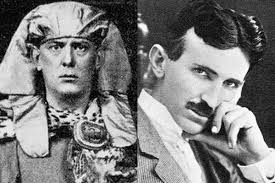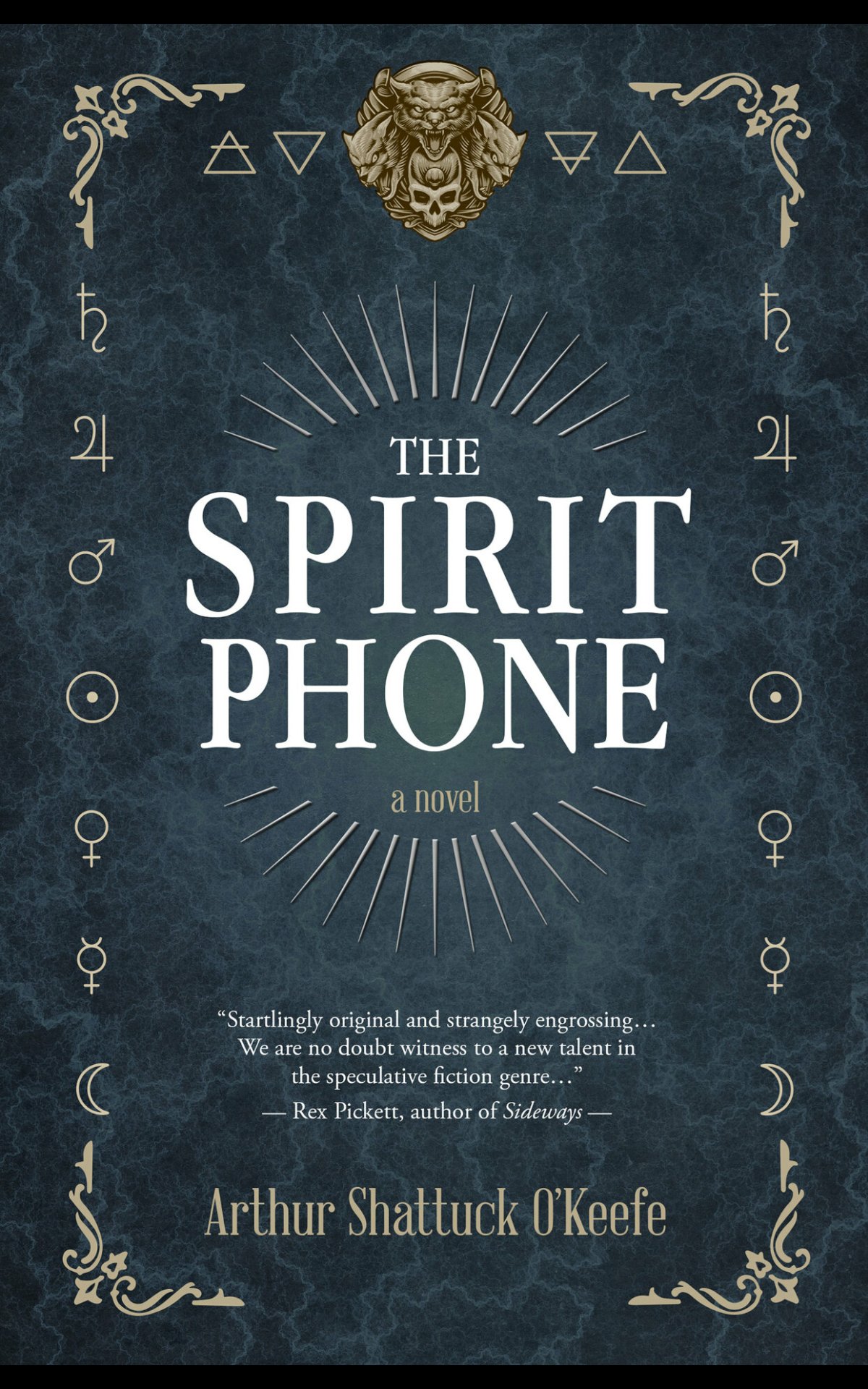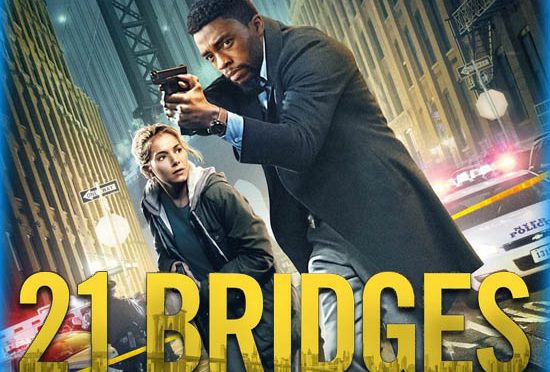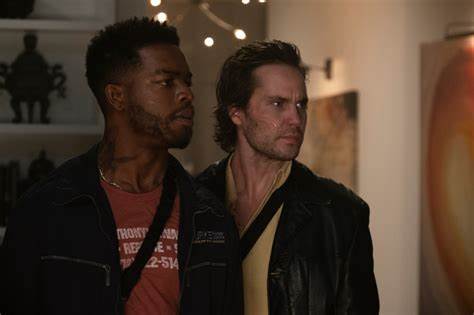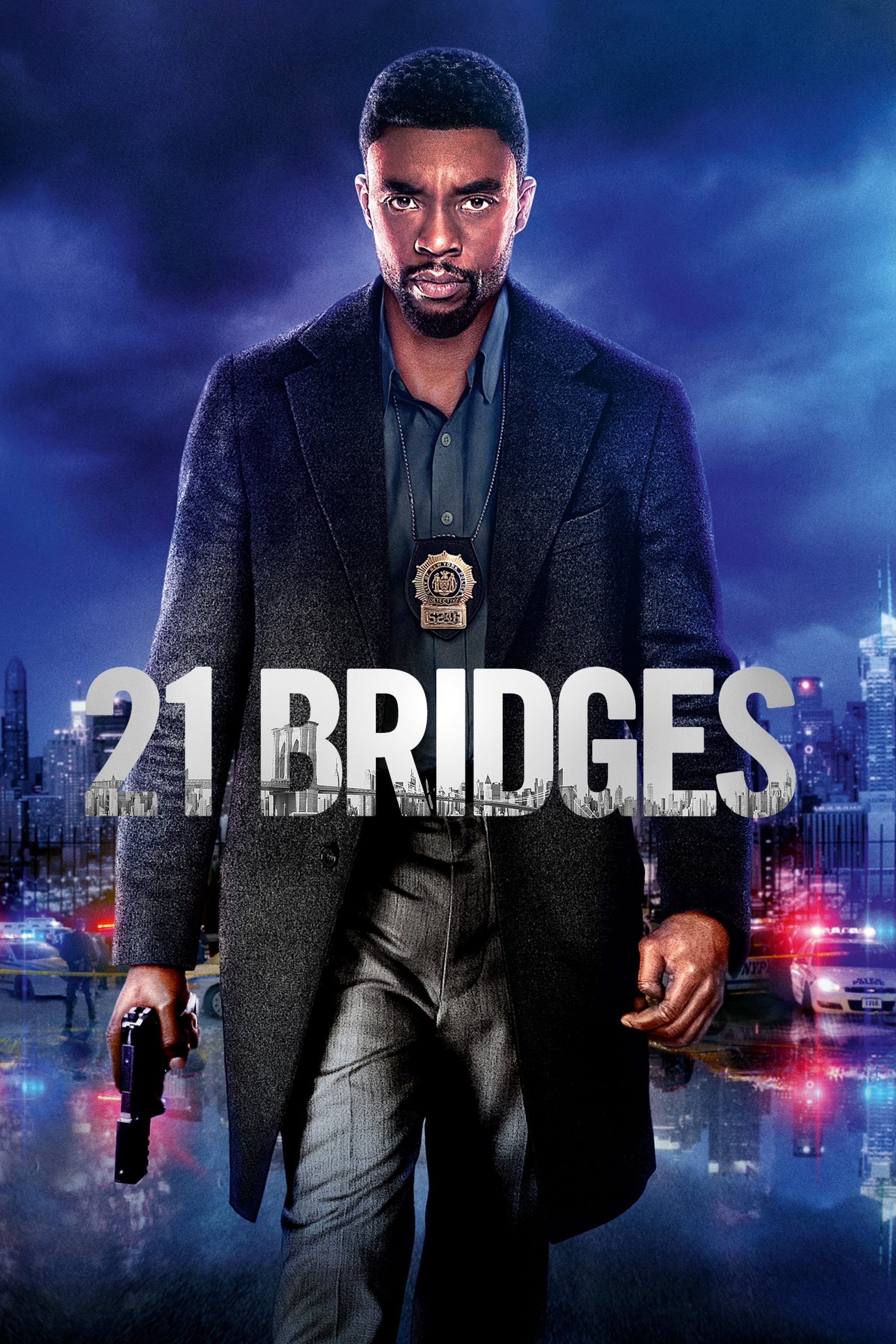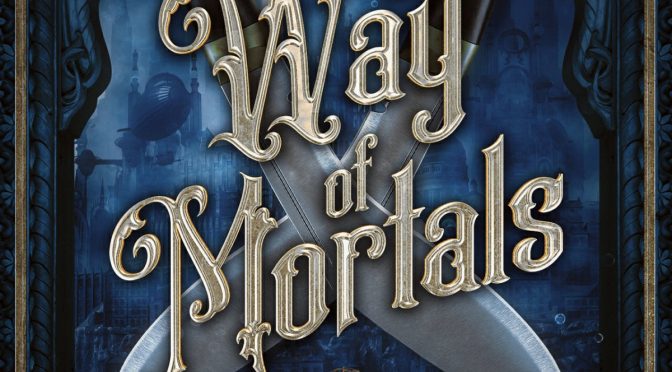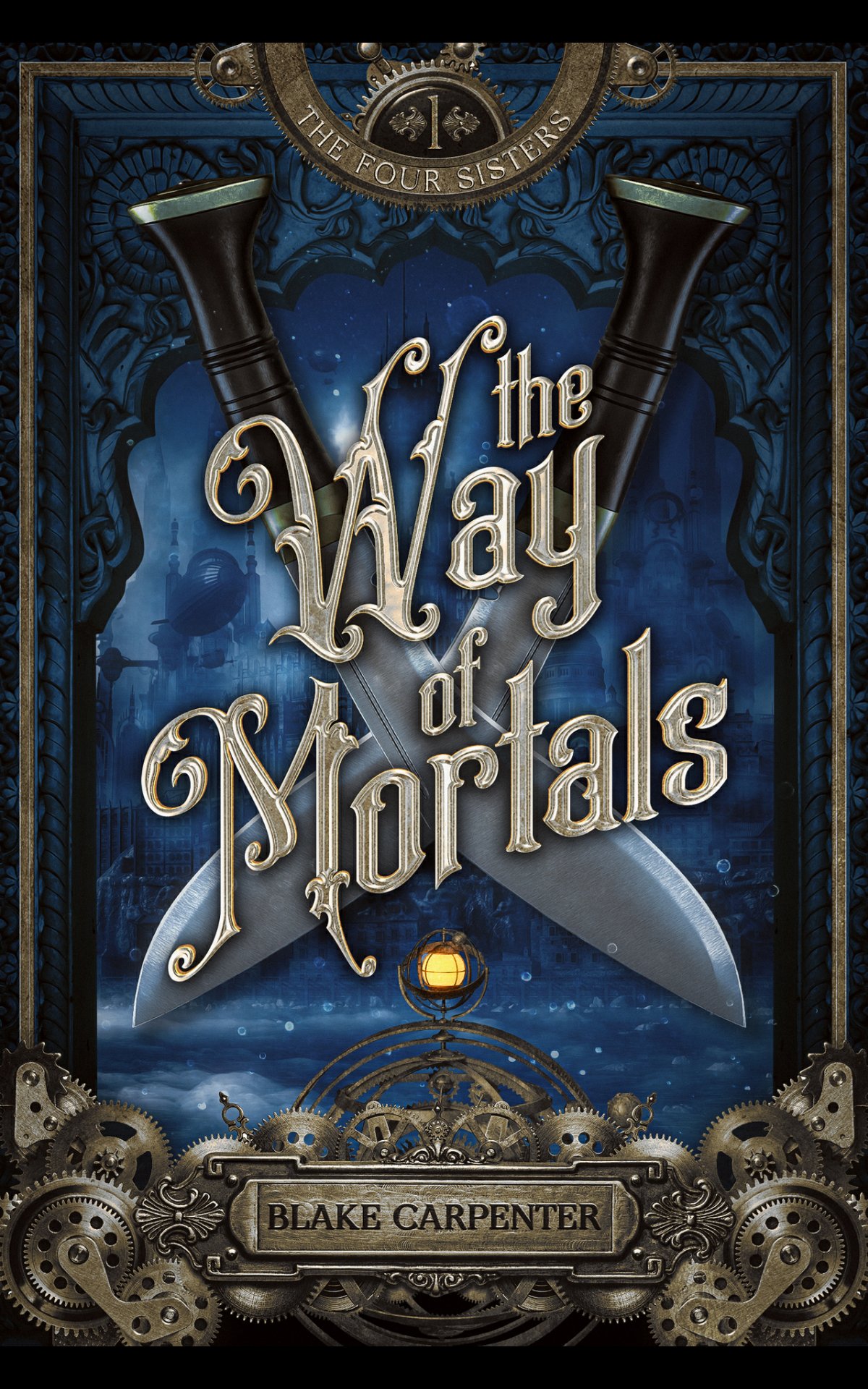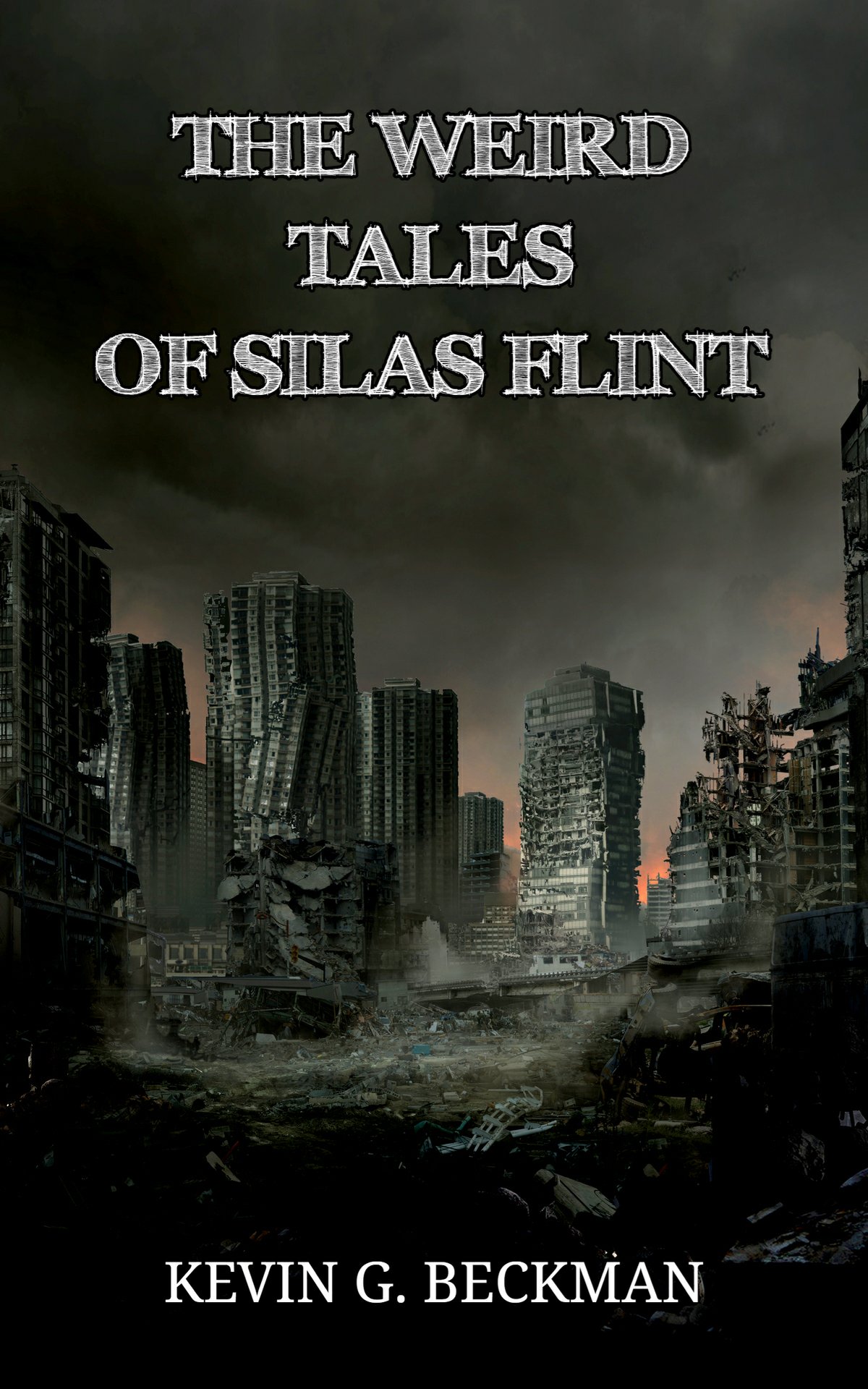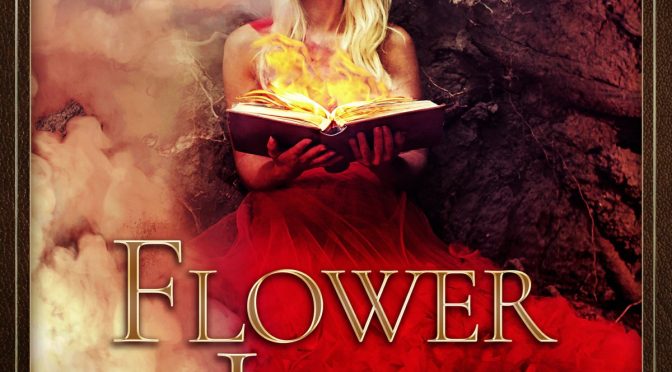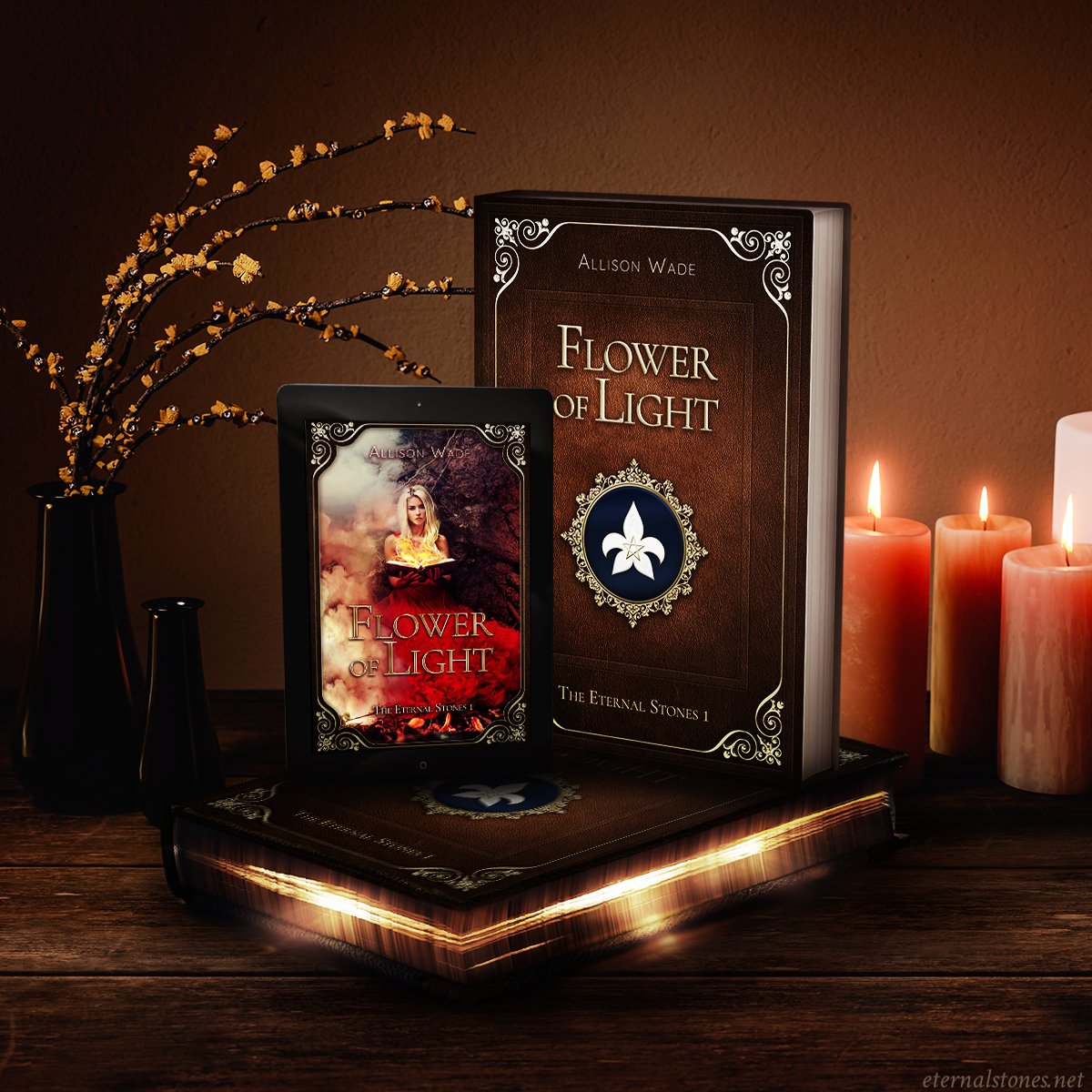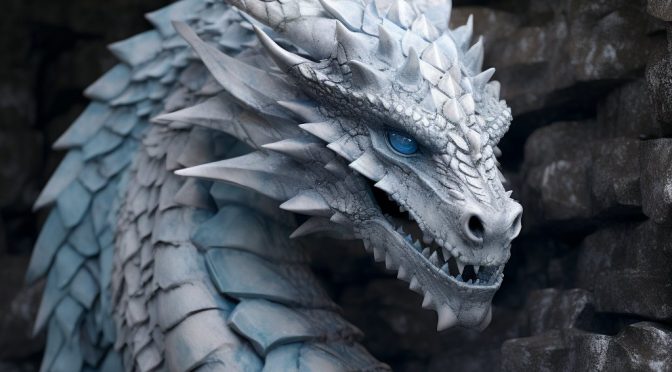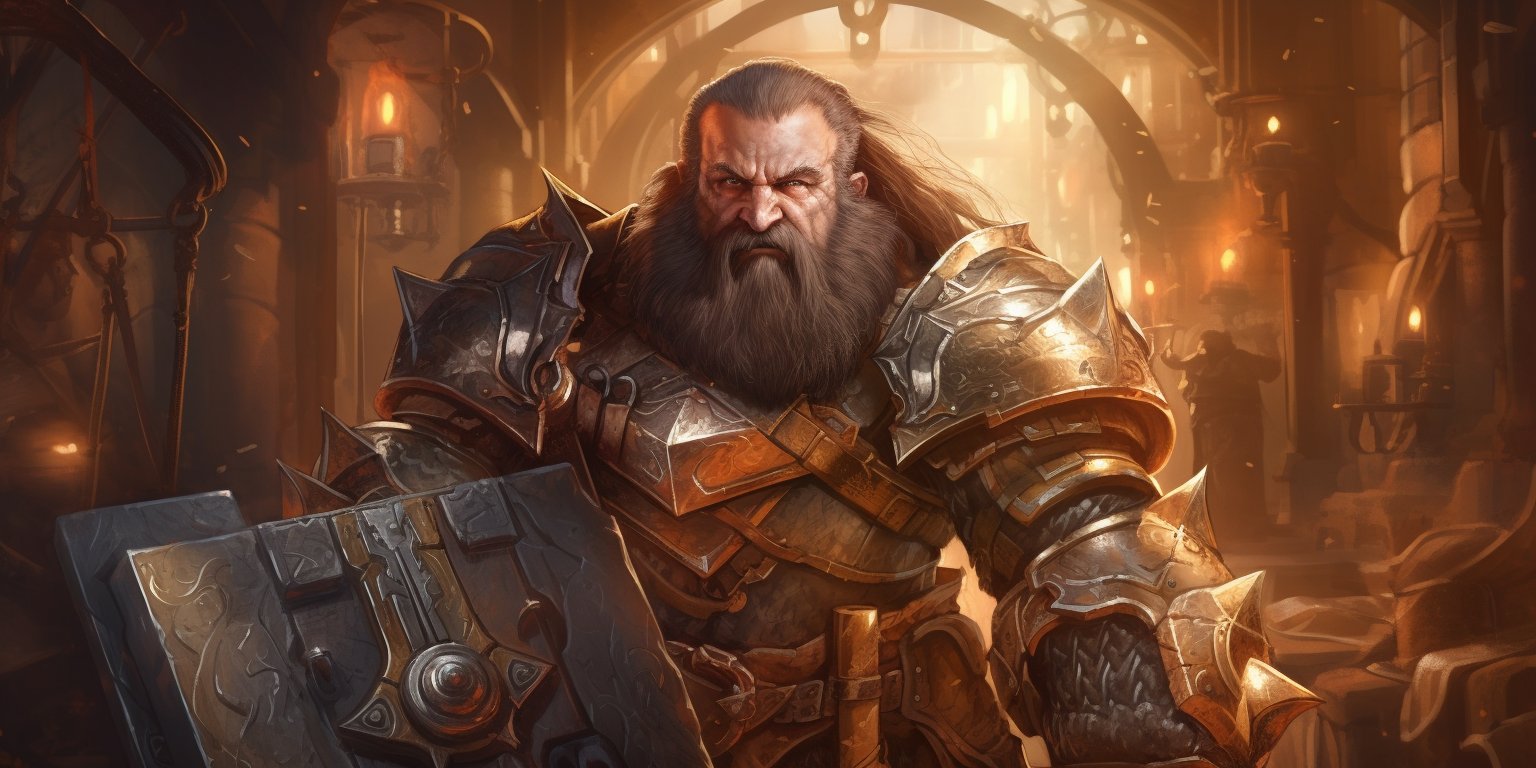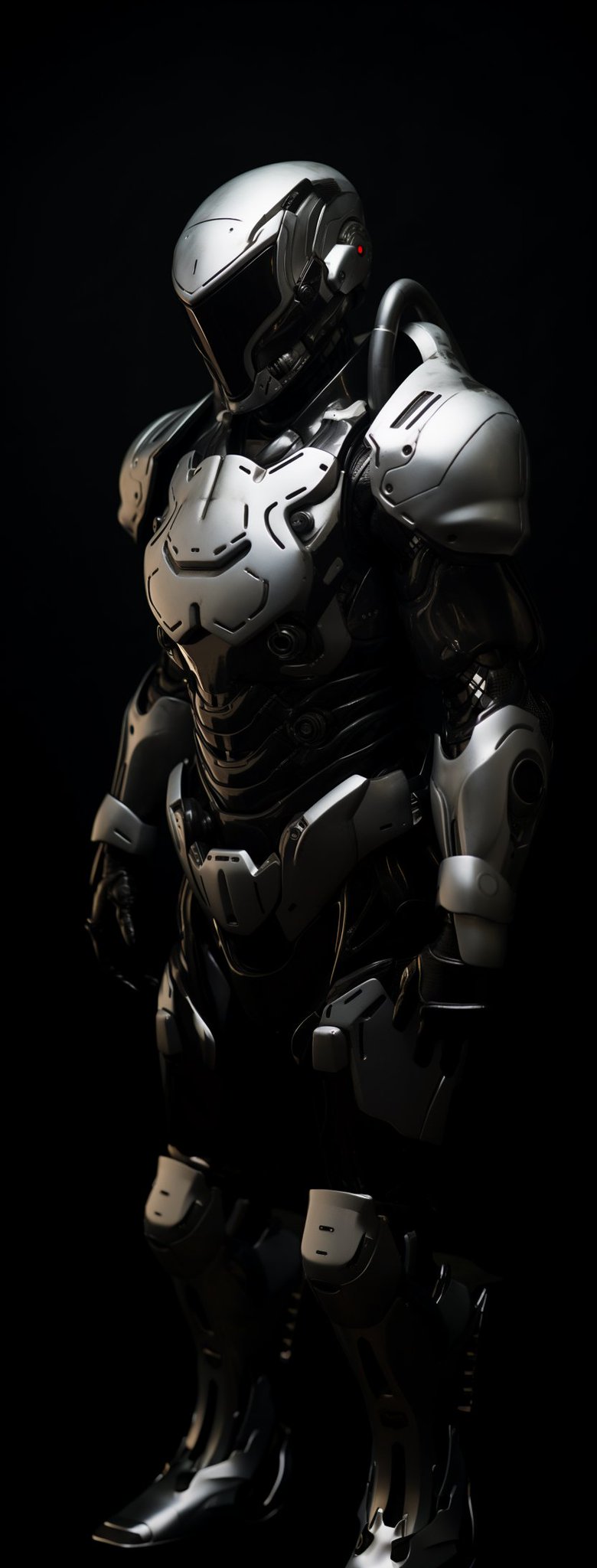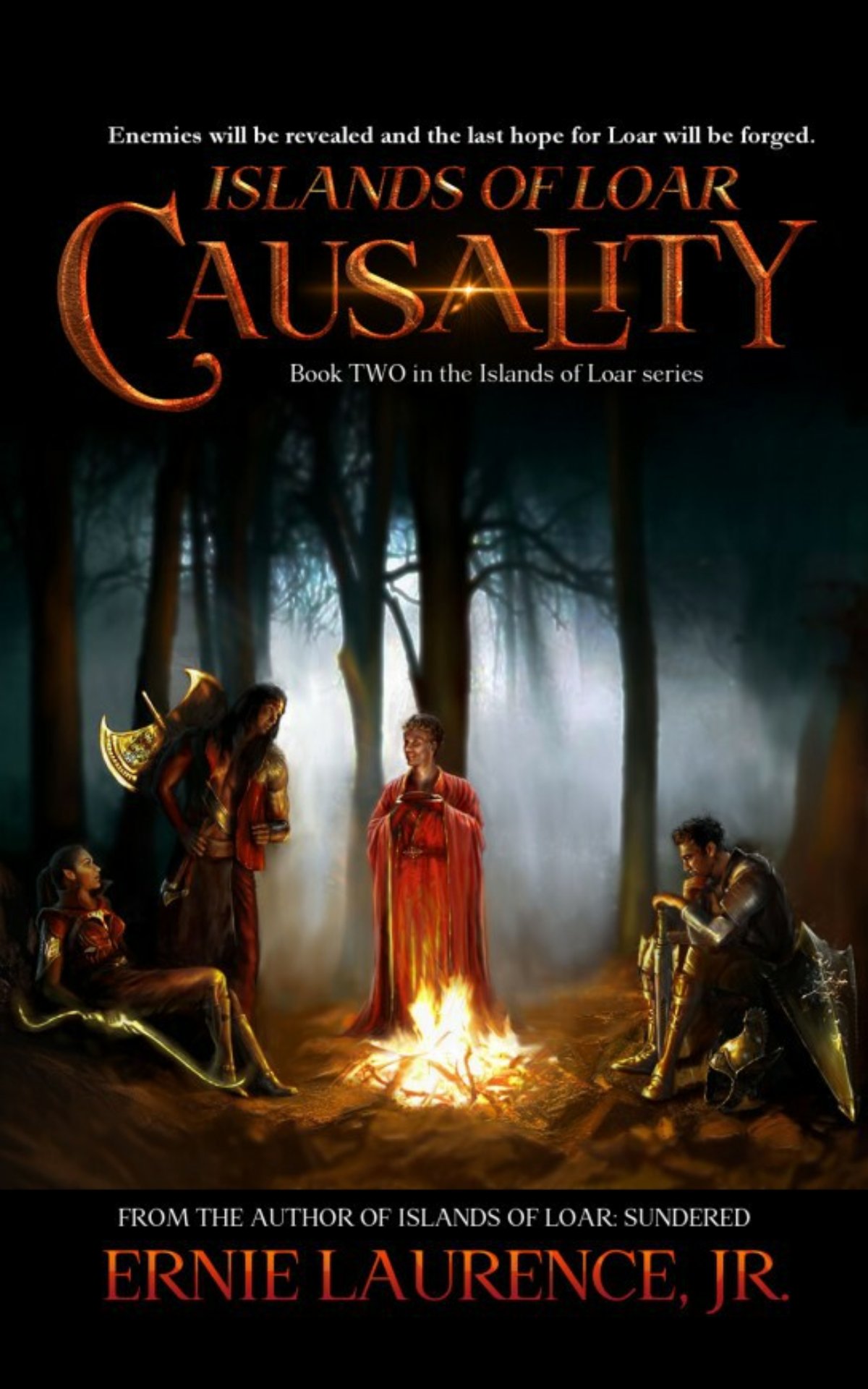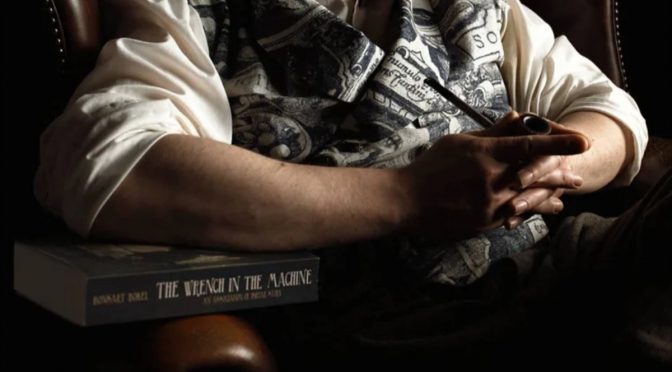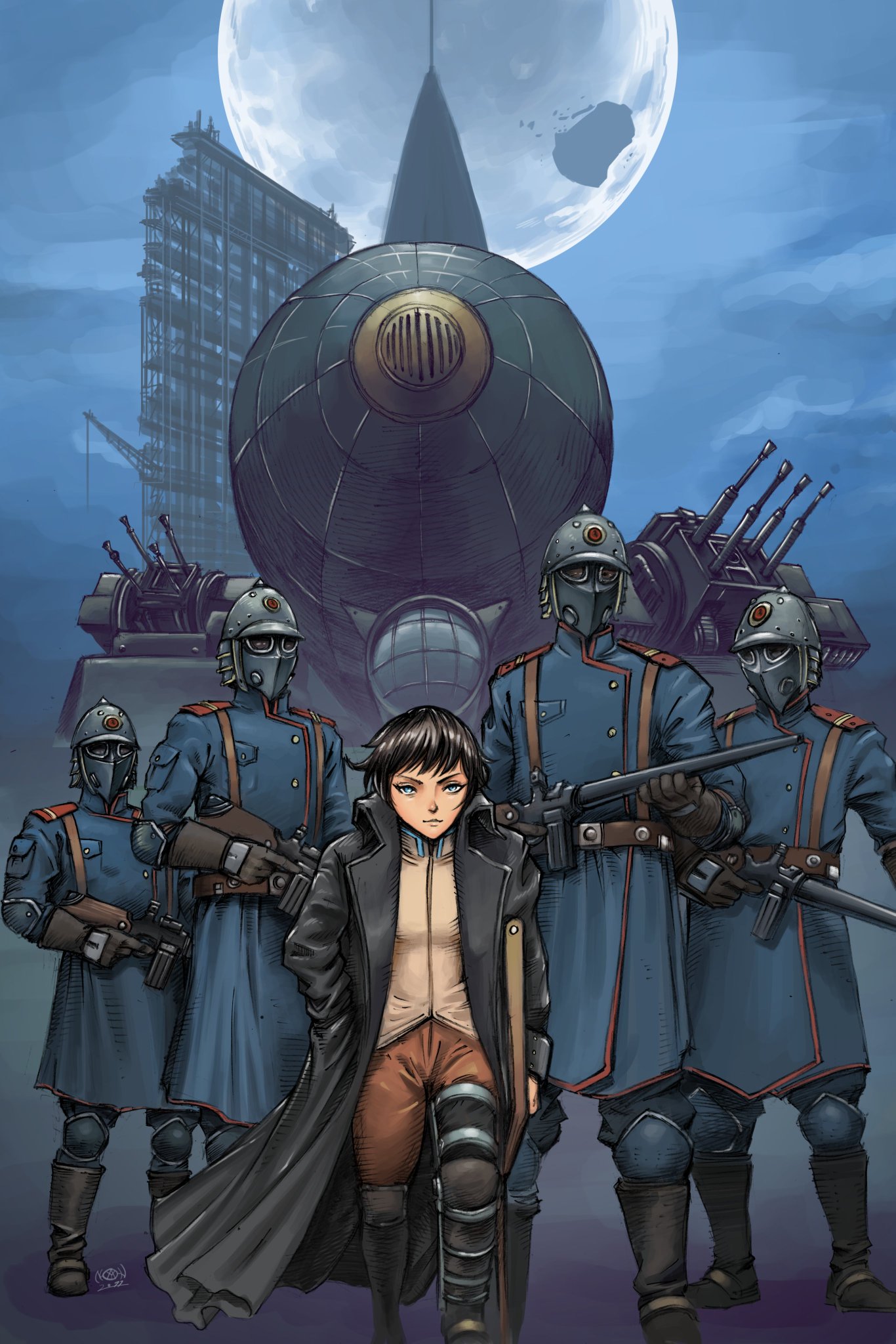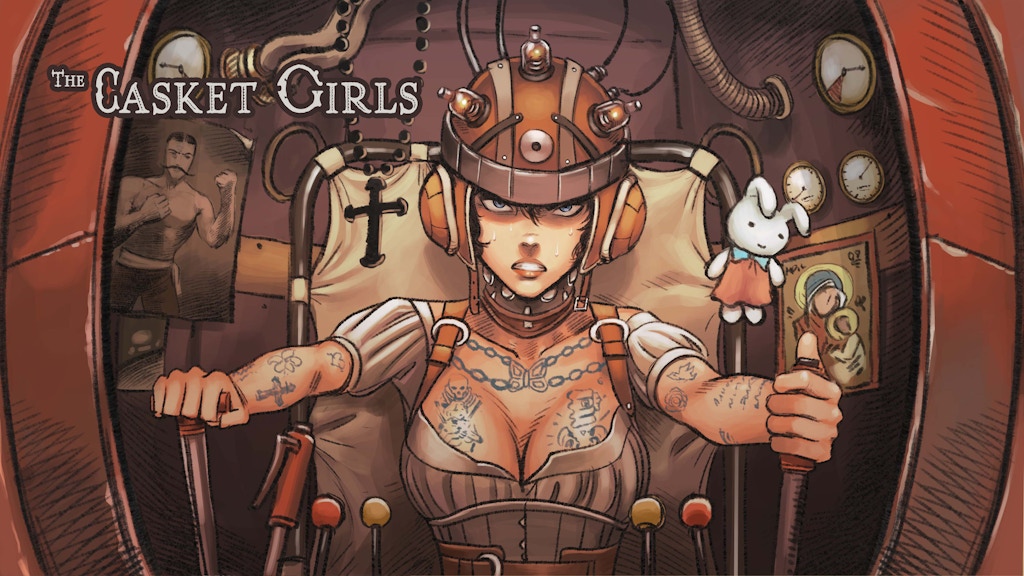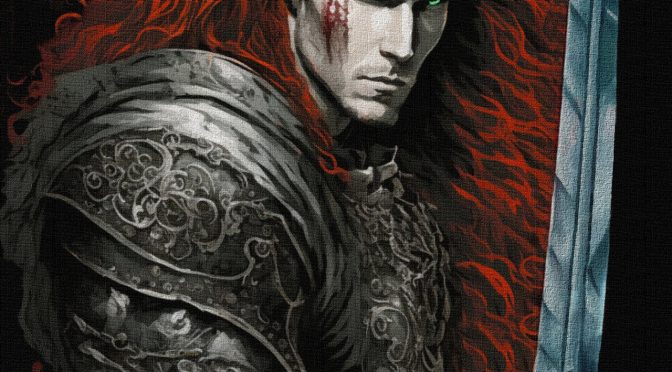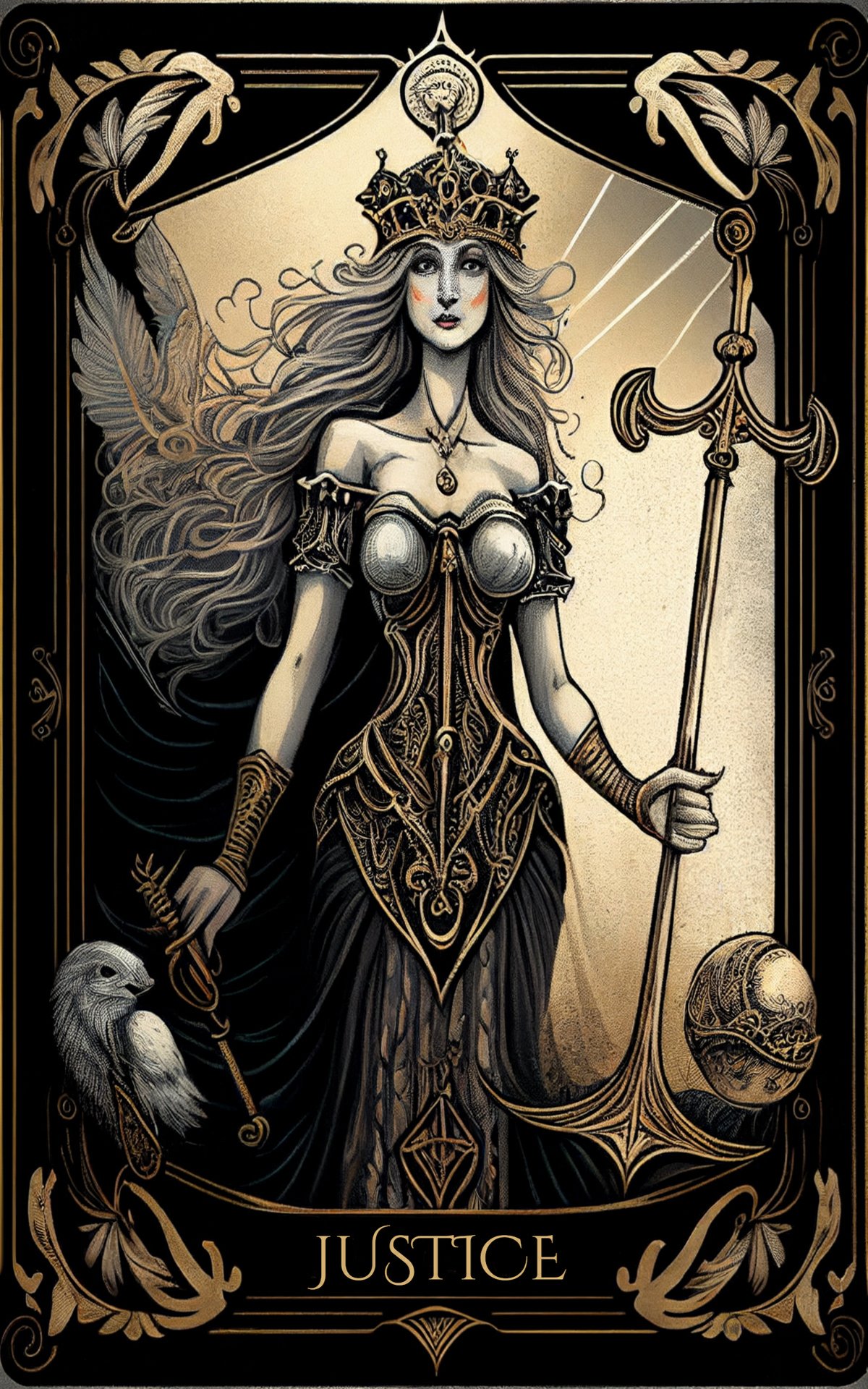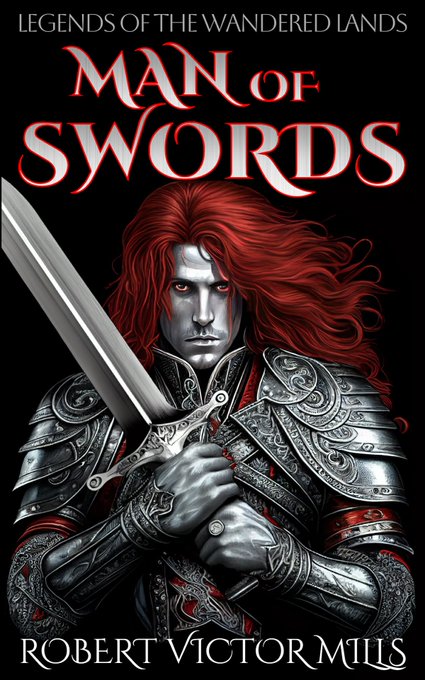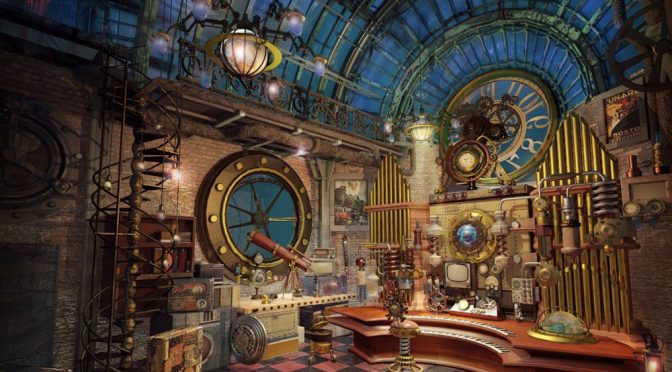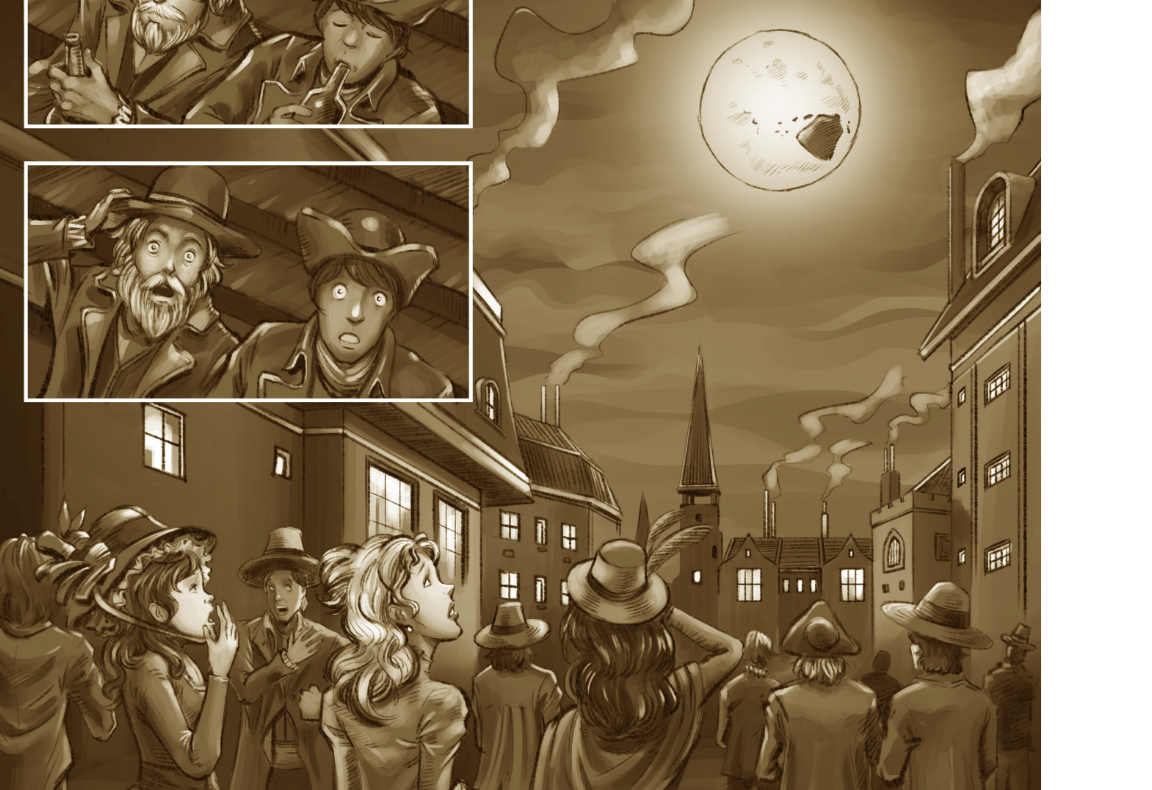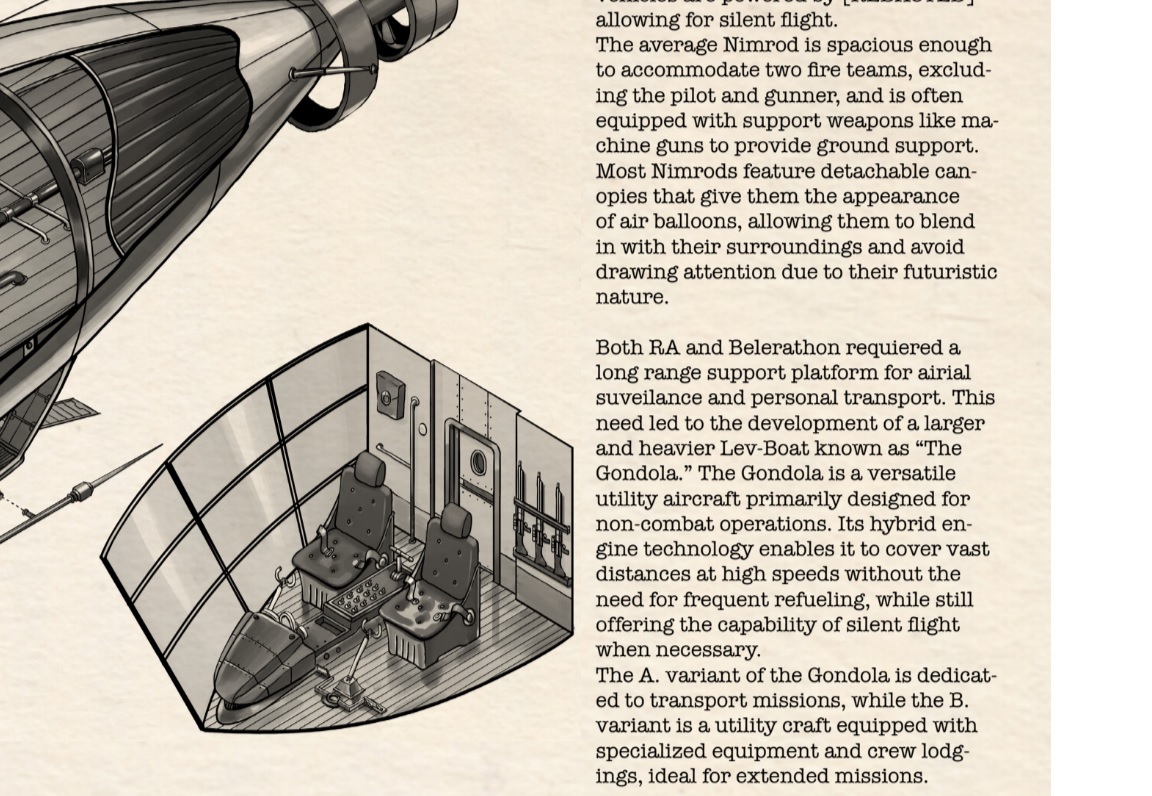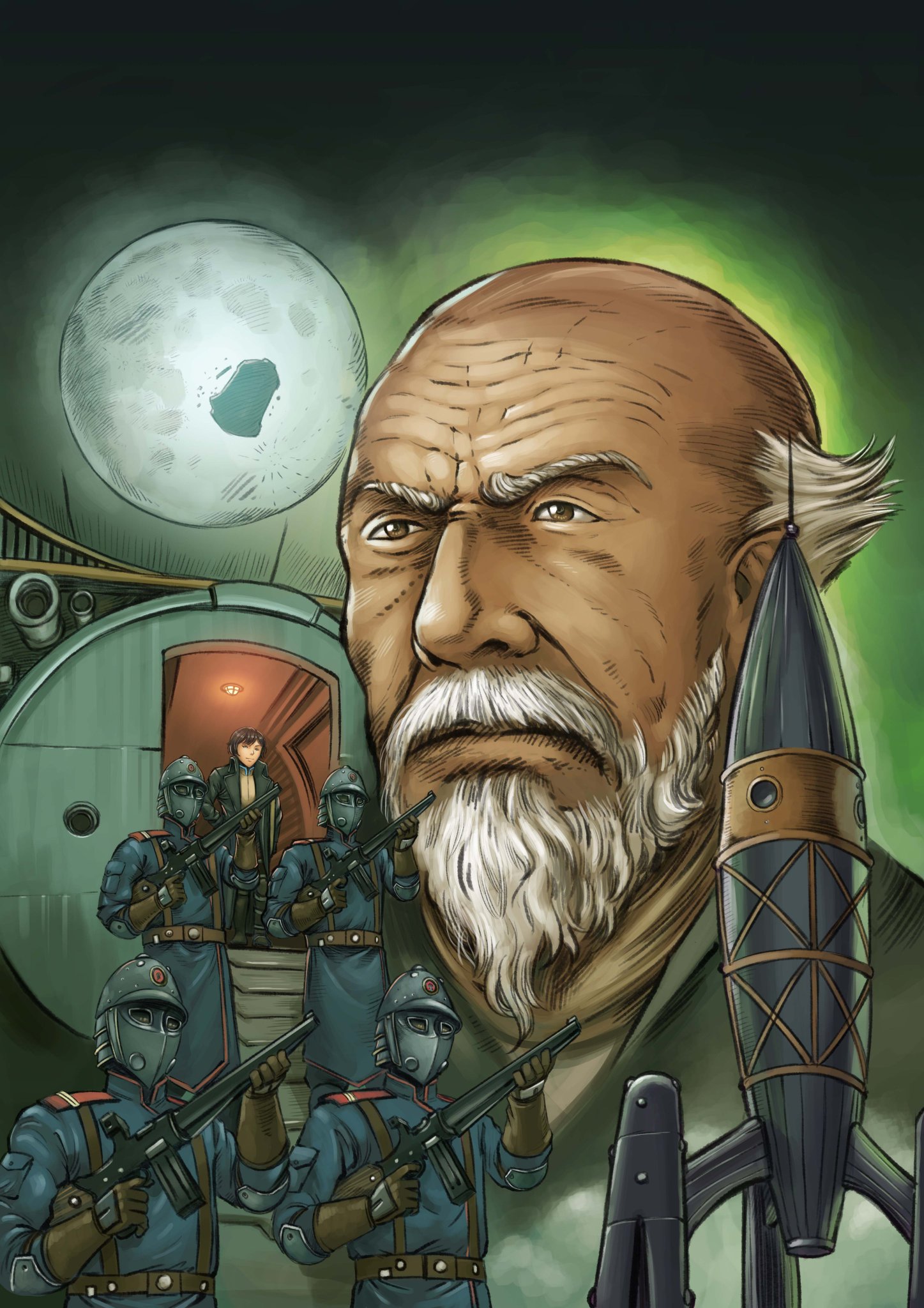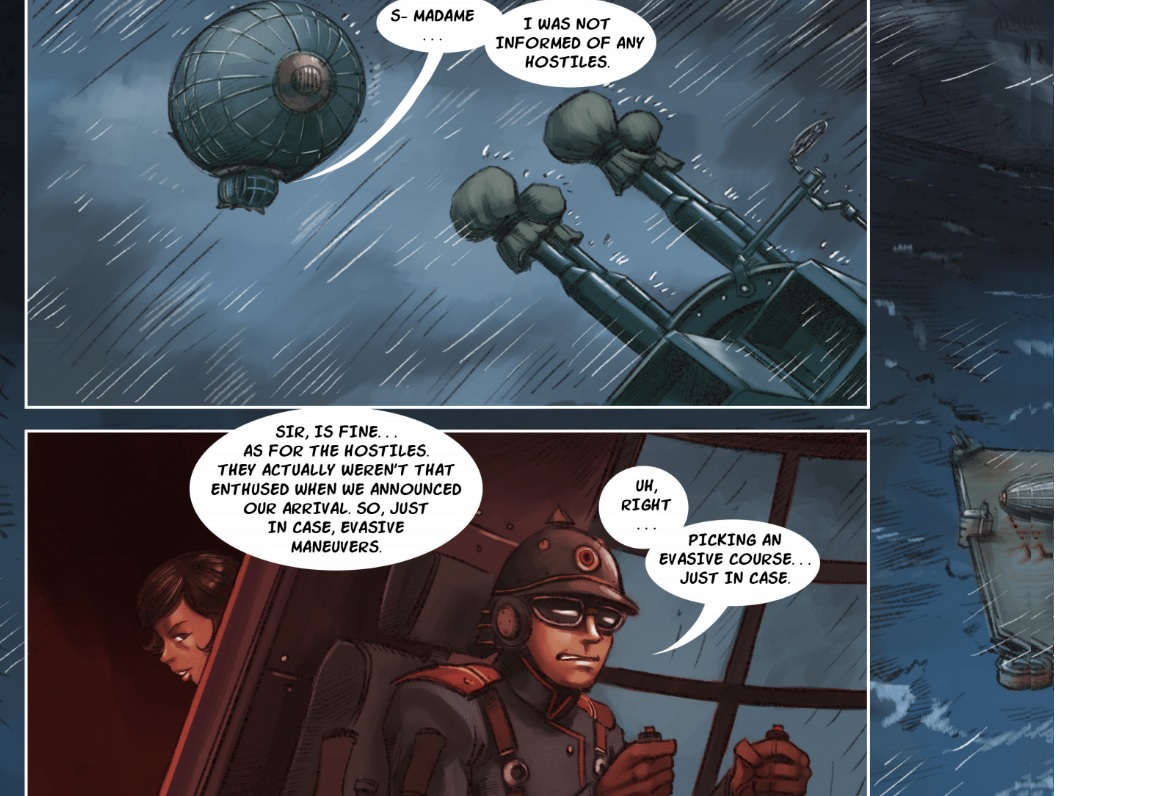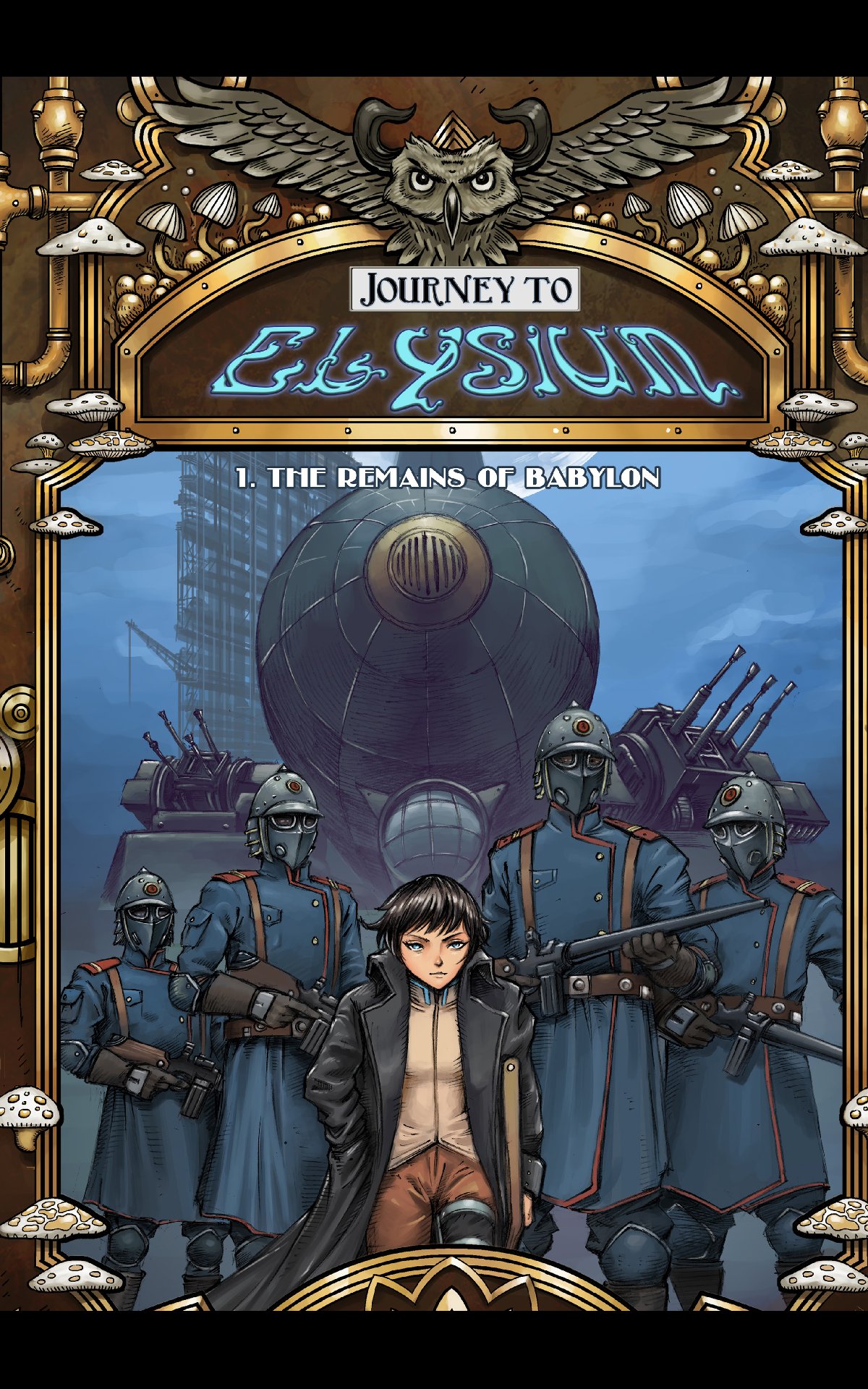A Review by
I’m beginning to notice a pattern with some of our last few guest authors and the source material they are basing their works of fiction literature on. Instead of just trying to emulate other writers, they are tapping into the vast inspiration provided directly by history itself; taking real historical characters/events and applying new and creative ideas to them for innovative storytelling.
The latest gentleman to join this group is A.S. O’Keefe with The Spirit Phone.
What it’s About:
Based on true accounts of Thomas Edison’s attempts to build a phone-like device to communicate with the dead, The Spirit Phone throws the reader into a vortex of the historical, the paranormal, and the technological.
Our two main characters in this dystopian alternate history are none other than Allister Crowley and Nikola Tesla: two individuals far apart in personality, yet with just enough in common to prevent a demonic invasion of our plane of reality–for the spirit phone turns out to be not the tool to speak with the deceased, but rather the key to unlock entry of evil entities called ferox into our world! Only mage A. Crowley and acclaimed scientist N. Tesla stand in the way of doom!
Characters:
Honestly, it doesn’t matter how much you know about Crowley and Tesla, it doesn’t even matter what your opinion of these two historical figures is if you do know of them. The synergy between the two in this alternate historical setting is the stuff of legends! One is the hedonistic occultist with a flair for the extravagant; the other the more pragmatic scientist with a fixation for numbers. Yet, where one lacks in certain skills or knowledge, the other always seems to compensate for it. And that’s how they comprise a complimentary team.
O’Keefe manages to infuse just enough sense of humor into the Crowley/Tesla duo while avoiding the ridiculous or campy. These characters’ personalities and the situations they get into can be hilarious at times, but in ways that feel natural and not at all forced.
Reviewer’s Take:
Even the paranormal and the technological elements involved in the story always feel quite plausible. Yes this is a work of fiction and yes the author is adding stuff of his own to these historical characters, but none of it ever feels too unlikely to have possibly happened in actuality.
The reason why this alternate history universe works is first and foremost due to the author respecting the source material, which in this case is the historical period of time itself: from the locations, to the people, to the food, restaurants and hotels, to the daily newspapers, everything feels authentic. This is not about taking a historical period and simply changing the gender or the sex of its characters to virtue signal or to highlight the ‘injustices of white westerners’ or the ‘oppression of women’s voices’.
The underlying core theme is MANKIND and his ongoing struggle to deal with his own mortality. An invention that promised to let us communicate with our dead loved ones turned out to be a tool for evil to rule our world. Man, in all his technological advances, still is like a baby just learning how to crawl. This story is much more than just your next fantasy trope on your TBR list. This is the stuff legends are made of.
I’m very glad to say that Mr O’Keefe deservedly enters our elite group of legendary authors here at Virtual Pulp!
🦀

